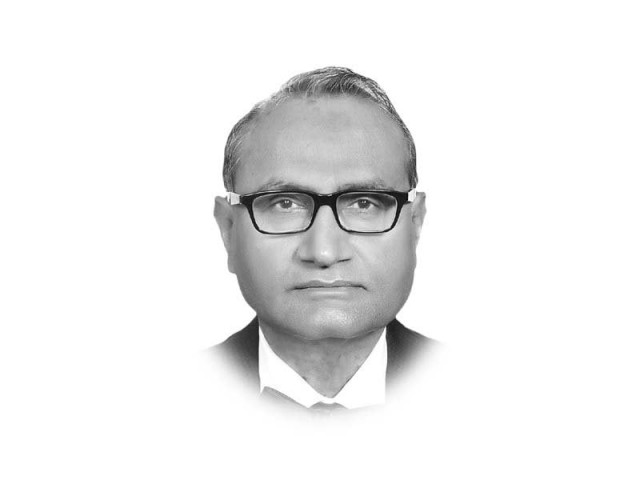Tenure of SBP governor
Increase is directly linked with the vexed question of ensuring independence of Central Bank from political meddling

The writer is a senior economist. He can be contacted at pervez.tahir@tribune.com.pk
While the academic debate on whether or not so much power should be vested in an unelected institution continues, the independence of the central bank is now an internationally-accepted best practice. An independent central bank lends credence to its monetary stance. But independence is not merely a matter of changing the law. The exercise of independence is an entirely different ball game. This requires relevant education and experience, and the certainty and predictability of the period during which the power is exercised. Pakistan has been lacking on both counts. Both contribute to the confidence and poise with which the incumbent acts autonomously in the given space. With no laid-down qualifications, anyone can be appointed governor (incidentally, where qualifications are laid down, they have been misapplied; three independent members of the monetary policy committee have to be economists, but the appointees so far have had no background in monetary economics.). Bureaucrats, bankers and economists — in that order — have all taken turns as governor.
In some sense, the State Bank was born independent. It was the first economic institution established by the new state of Pakistan in 1948, well before the subsequently powerful Planning Commission and the presently overextended Ministry of Finance. Encroachment started in the 1960s, peaked in the 1970s and did not let up even in the neoliberal 1980s. In October 1993, the caretaker government of Mr Moin Qureshi promulgated an ordinance to ensure autonomy in the conduct of monetary policy. More significantly, it provided for a non-renewable tenure of five years for the governor. Researchers at the time — Cukierman, to name but one — found that a central bank cannot act independently if its head is appointed for a renewable term with a duration smaller than the normal tenure of a political government. In our context, a renewable tenure means that the first three years are meant to act in ways that earn the second three years.
An ordinance has a life of only four months. The government elected to succeed the caretaker government re-promulgated the Ordinance in a diluted form. Dr Tariq Banuri, the present HEC Chairman, was a member of the State Bank’s Board at that time. He resigned in protest. The Senate rejected the Ordinance. The IMF then had made parliamentary approval a prior action before it would consider the ESAF/EFF facility. Lacking support in the Senate, the government rushed to the National Assembly and had it passed as a money bill. Among others, it did not contain the provision of a non-renewable five-year term for the governor. Clause 10 (3) now read: “the Governor shall be appointed by the President for a term of three years” and “shall be eligible for re-appointment for another term of three years”.
Will 2019 be any different from 1994? The opposition controls the Senate and the IMF is again there in support of central bank autonomy.
Published in The Express Tribune, September 27th, 2019.
Like Opinion & Editorial on Facebook, follow @ETOpEd on Twitter to receive all updates on all our daily pieces.
















COMMENTS
Comments are moderated and generally will be posted if they are on-topic and not abusive.
For more information, please see our Comments FAQ